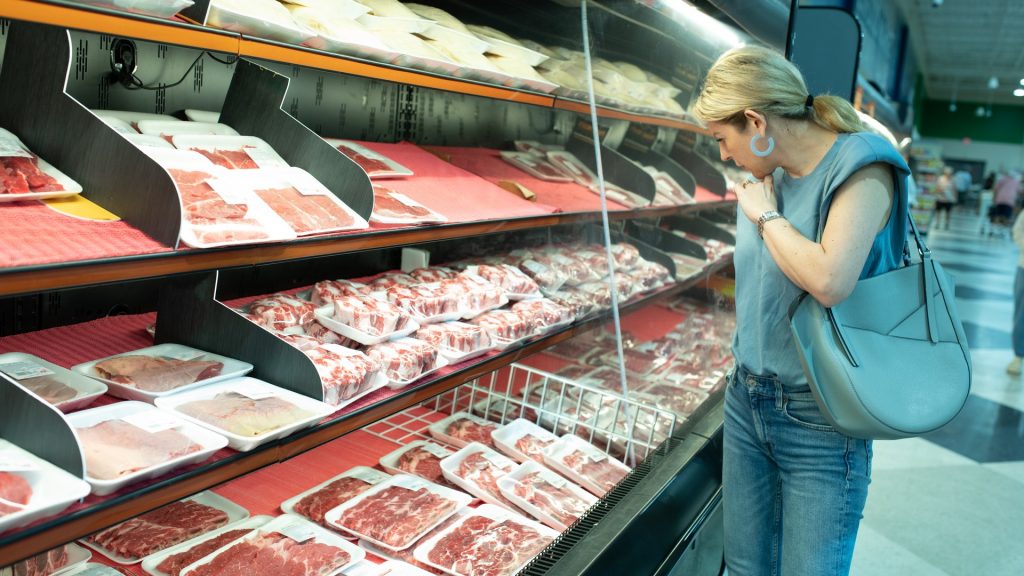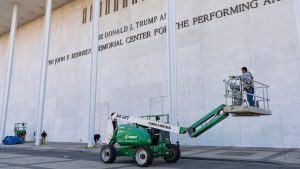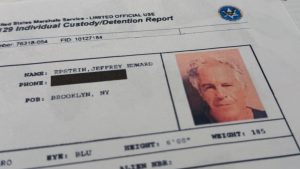Trump rolls back coffee, beef, other tariffs after trade talks

Americans could see prices on some of their most treasured staples fall soon, as President Donald Trump announced the administration would ease tariff pressure on select imports from countries it found conducting unbalanced trade with the U.S. Coffee, tea, beef, fruits and other items that have seen steep price hikes are affected by the tariff changes.
The White House announced Friday evening that reciprocal tariffs announced on April 2 would be rescinded.
In a decree, Trump determined the changes were necessary after “considering the information and recommendations these officials have provided to me, the status of negotiations with various trading partners, current domestic demand for certain products, and current domestic capacity to produce certain products, among other things.”
Items affected by the rollback include: coffee and tea, tropical fruits and fruit juices, cocoa and spices, bananas, oranges, tomatoes, beef and fertilizers previously subject to the reciprocal tariffs.
Prices
While there are economic arguments in favor of tariffs to right-size foreign trade relationships, the consensus around tariffs raising domestic prices remains fairly constant.
The Yale Budget Lab estimated in October that the administration’s broad tariffs will cost the average American household $1,800 in 2025.
Some of the products that fell under Trump’s Friday announcement saw significant increases in 2025.
The price of coffee had jumped more than 20% in 2025, according to the Bureau of Labor Statistics. The cost hike is partly due to tariffs, but prices were already increasing before Trump took office due to weather volatility in South America.
Beef prices in the U.S. are a more complex issue. Tariffs increased the cost of imported beef due to a lower overall supply. Recent droughts have also increased the cost of feeding domestic livestock, leading to a thinning of herds. The combination of factors has led to a 70-year low in cattle supply.
Legal challenges
The authority to impose tariffs typically lies with Congress, but the executive branch can do so under the International Emergency Economic Powers Act.
A lawsuit over the tariff’s legality had reached the U.S. Supreme Court on Nov. 5. Justices appeared skeptical over the federal government’s arguments.
Trump had additionally seen pushback on some tariffs from his own party. The bipartisan No Coffee Tax Act would have removed tariffs on a daily cup of joe.
The post Trump rolls back coffee, beef, other tariffs after trade talks appeared first on Straight Arrow News.





